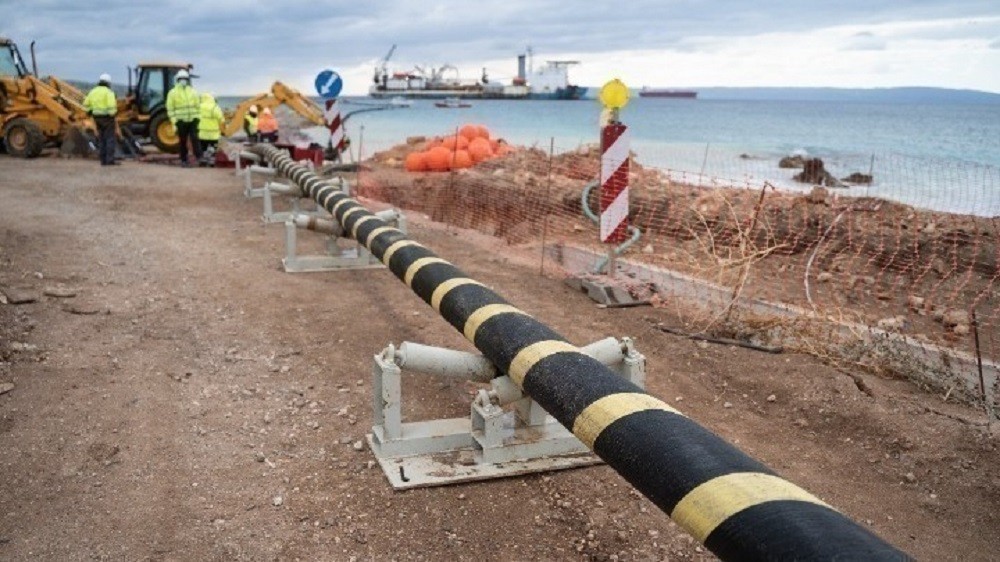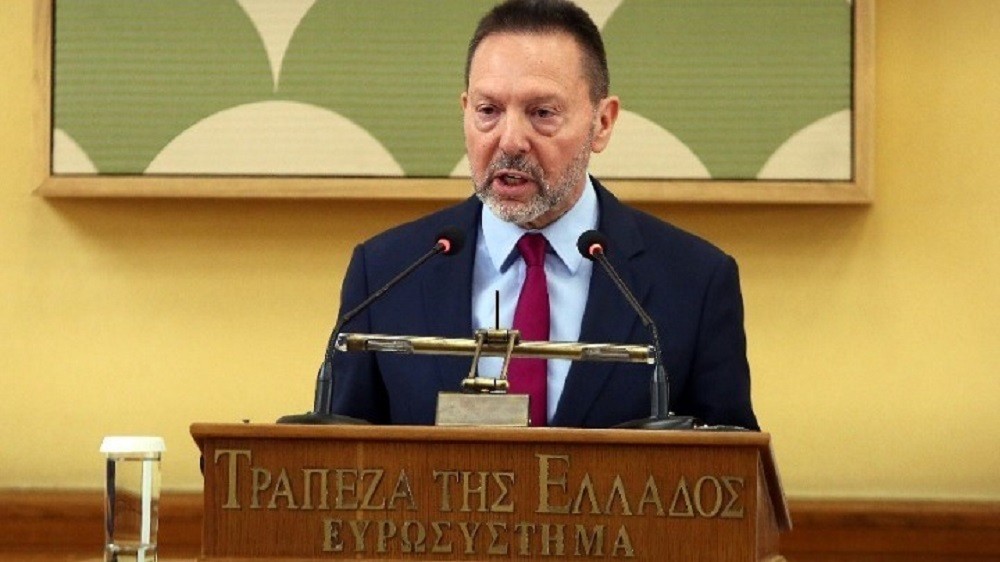
President Obama’s historic visit to Greece: Economy and the refugee crisis on the Αgenda
By Lena Argiri
Seventeen years after Bill Clinton said in Athens that the whole world was beginning to see Greece in a new light “as southeast Europe’s wealthiest nation”, President Barack Obama will have to come up with a totally different message during his visit on November 15.
Dramatic changes have occurred in the country since 1999. Greece is dealing with a new reality in which economic recovery still looks elusive, regardless of the three bail out programs. The country has been struggling with recession and financial instability since 2009, when Barack Obama took office. Almost all of his presidency.
The US President never hid his deep concern and interest in Greece’s woes and has repeatedly called on the Europeans to demonstrate more flexibility when dealing with the Greek crisis. He has been vocal about the perils of austerity in Europe as a whole and in Greece specifically.
A few days after the left wing government came into power on January 2015, President Obama warned that the continuous austerity could at some point backfire on the creditors. During an interview with CNN he emphasized that “you cannot keep on squeezing countries that are in the midst of depression” and he added that “at some point there has to be a growth strategy in order for them to pay off their debts.”
When Italian Prime Minister Matteo Renzi visited Washington last month, the President repeated that “the approach that Europe took to deal with its own financial crisis contributed to slower growth” and he implied that Greece is among the countries that “have been hit by years of stagnation”.
On many occasions, the White House, the Treasury and the Washington- based IMF have asked for meaningful debt relief, which if combined with structural reforms, can lead Greece to a sustainable economic path. But the Europeans are reluctant to take action and they answer back -well, not formally but behind closed doors- that the US can be persistent on debt relief because its own money is not at stake. The key players in the bail out programs have been trying to undermine Washington’s interventions since the beginning of the crisis. They constantly remind that the only way that the US is engaged in the Greek rescue has been through the IMF, the loans of which cannot be restructured.
Now, President Obama as he prepares for his historic visit to Greece, he cannot avoid expressing his views about this issue, although his next stop will be Berlin where Chancellor Merkel faces her own domestic problems ahead of the elections, problems that are partially related to her response to the Greek problem.
As Vice President Biden stated a few days ago, “the President in Athens will raise all the issues that are related to the Greek economy”. He implied that debt relief will be among them, despite what White House Press Secretary Josh Earnest had said one day earlier. “The President is not traveling to Greece to go and negotiate some sort of new arrangement between Athens and the Europeans” he said. And he added that “he will compliment the Greek government for the success that they have had in implementing the agreed reforms and he will encourage them to continue the path of reforms that is good for the long term economic and fiscal situation in Greece.” The comment about “new arrangement” fueled pessimism in Greece about whether the President is planning to send his last message to the Europeans about the necessity of debt restructure.
The discussion in Greece about the importance of this visit, one week after the US election, is ongoing. Many critics say that the visit is absolutely meaningless because of the timing and that if the President wanted to intervene effectively, he should have made that trip months ago. But many others insist that having the President of the United States visiting Athens, is always of major importance. Sources in Washington point to the fact that throughout his Presidency, Barack Obama visited fifteen european countries, so having Greece among them, even as a part of a European farewell, sends a clear message of support. The same sources say that the President always wanted to visit Greece and now he is fulfilling one of his wishes, before he departs the White House.
The White House announced that the economy and the refugee crisis will be discussed during his visit but Turkey and the ongoing Cyprus peace talks are expected to be on his agenda as well. Greece has been regarded as a beacon of geopolitical stability in the broader region and Washington believes that the economic recovery is essential so that this role can be maintained and secured.

